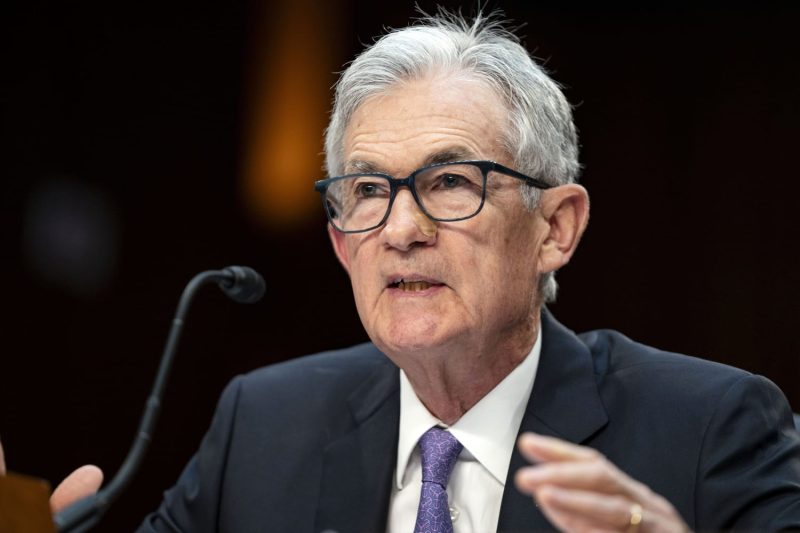In a recent statement, Federal Reserve Chair Jerome Powell shared his concern that maintaining high interest rates for an extended period could potentially hinder economic growth. Powell’s remarks come at a critical juncture for the U.S. economy as it navigates ongoing challenges stemming from the COVID-19 pandemic.
Powell emphasized the importance of striking a delicate balance between supporting economic expansion and addressing inflationary pressures. While acknowledging the Federal Reserve’s mandate to ensure price stability and full employment, Powell highlighted the need for a nuanced approach to monetary policy that considers the evolving economic landscape.
The Federal Reserve has been closely monitoring key economic indicators, including employment data, inflation rates, and consumer spending patterns in its assessment of the appropriate monetary policy stance. Powell’s remarks reflect the central bank’s commitment to maintaining a flexible and data-driven approach to decision-making in response to changing economic conditions.
Historically, central banks have used interest rate adjustments as a primary tool to stimulate or cool down economic activity. By lowering interest rates, central banks aim to encourage borrowing and spending, thereby fueling economic growth. Conversely, raising interest rates can help curb inflationary pressures and prevent the economy from overheating.
Powell’s caution against keeping rates high for an extended period underscores the potential risks of stifling economic activity and constraining credit availability. As the U.S. economy continues to recover from the disruptions caused by the pandemic, policymakers face the delicate task of supporting growth while also preventing inflation from spiraling out of control.
While the exact timing and magnitude of future interest rate adjustments remain uncertain, Powell’s remarks signal the Federal Reserve’s commitment to fostering a supportive monetary policy environment conducive to sustainable economic expansion. As the economy enters a new phase of recovery, policymakers must remain vigilant and responsive to emerging challenges to ensure a stable and prosperous future for the nation.




























